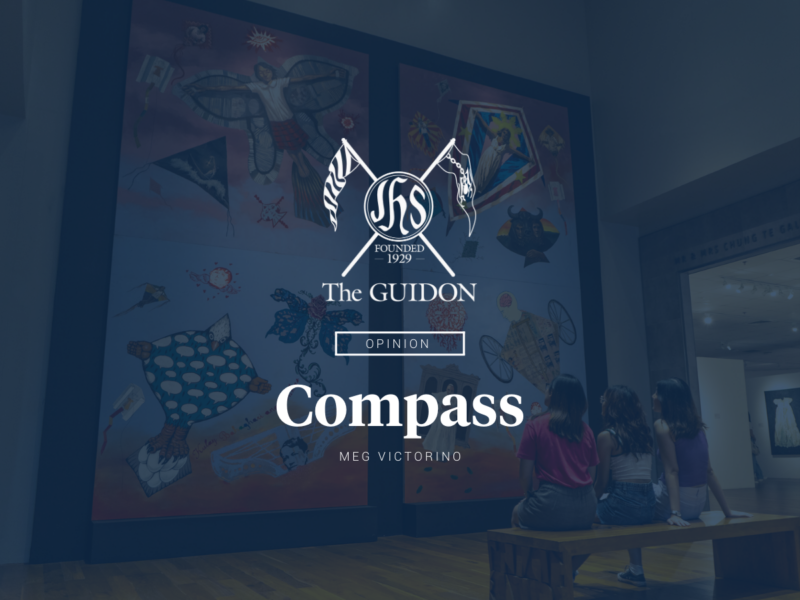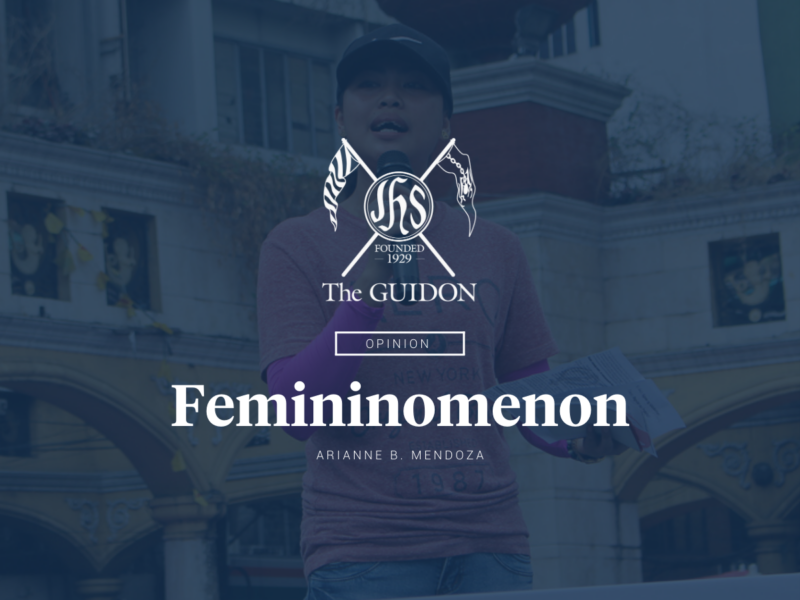Proudrace is a promising independent fashion label from the Philippines that releases straightforward, chic collections every season, which are also stocked abroad. I found the brand really exciting and trendy until I heard the name of their latest collection: “Talibanned.”
The promotional materials for the collection feature a model wearing a burka printed with the words “Heavy Metal” all over in a typeface made to look like Arabic.
If there were a faux pas all season, that was it.
Apart from reducing sacred symbols of Islamic culture to fashion statements, the name of the collection is an insult to the people of Afghanistan, who suffered under the fundamentalist movement for nearly a decade and continue to bear the cultural and political trauma that Taliban extremism has left them with.
This is some pretty bad cultural appropriation, and it’s a serious concern in fashion and pop culture today. When a fashion editor incorporates blackface into an editorial or a pop star wears a bindī, people are up in arms to protest the disrespect to other cultures.
But wait, fashion’s all about influencing mainstream discourse, right? Isn’t Proudrace bringing the burka into the mainstream and thereby fostering an environment of multiculturalism? For the most part, no.
The problem remains that when we look at Proudrace’s models in burkas, we think they’re edgy and fashion-forward, but a Muslim woman in a burka continues to be perceived as a victim of unjust, backward religious practices. The problem is less the clothes themselves but the divisions they create in perception.
What’s worse is that in a country like the Philippines, the discourse on multiculturalism is murky at best. One recalls the convoluted debates over Bayo’s “What’s your mix?” ads back in 2012, where no one could seem to agree on the line between multiculturalism and racism. The debate failed to get past that fundamental contention of “That’s racist towards pure Filipinas!” versus “You’re racist for thinking so!”
Whereas Diesel gets flak for its denim burka ads and Vogue gets called out for its blackface models, in a social climate like that of the Philippines, Proudrace is bound to get away without as much as a slap on the wrist.
You can argue that the conversation on cultural appropriation is Western-centric. After all, American iconography is used liberally in media the world over and you don’t see them complaining. However, this is precisely why the conversation must be oriented towards the West—because their icons are accepted unequivocally and those of the rest of the world are not. We remain to be the exotic side of the world, full to the brim of cutting-edge fashion inspiration.
There’s a need to deepen the discourse on multiculturalism in the world, especially in the Philippines. Otherwise, we’d simply continue to appropriate and be appropriated—to marginalize and be marginalized—without knowing it.
We need the vocabulary and the critical mass to bring the discussion forward. After all, there are so many cultural tensions under our skin that we either cannot resolve or choose to put off. All of this is reaching a tipping point and if we ignore it, we won’t be able to handle it once it boils over.
Call the fashion police; I think we’ve got a situation.







